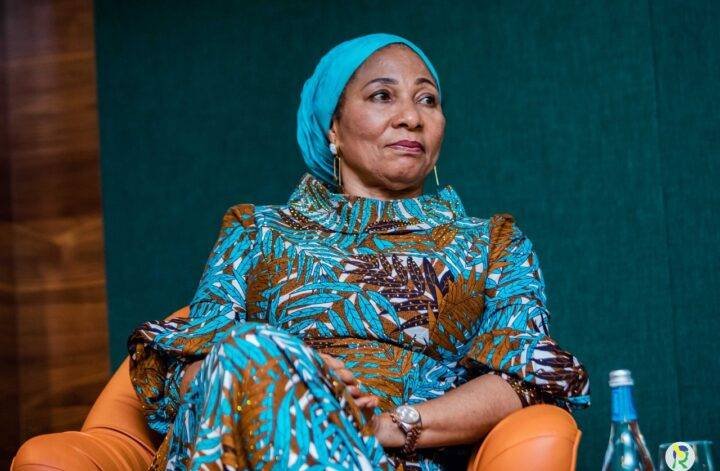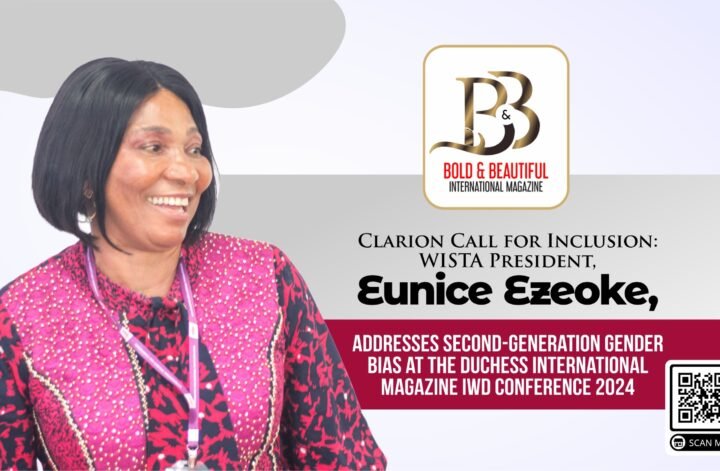In a powerful keynote speech at the Duchess International Women’s Day Conference in Nairobi, Eunice Ezeoke, President of the Women in Shipping and Trading Association (WISTA) Nigeria, made an urgent call for gender equality in the workplace. Ezeoke addressed a room filled with industry leaders and stakeholders, stressing that without inclusivity, there can be no true progress in any organization or sector. Her message was clear: it’s time to dismantle the biases and barriers that prevent women from thriving in their careers.

Ezeoke’s speech delved into the nuances of second-generation gender bias, highlighting how these subtle forms of discrimination often go unnoticed but have a significant impact on women’s career advancement. She noted that describing leadership traits in traditionally masculine terms, such as assertive or aggressive, can create a culture that sidelines women. Additionally, she pointed out the reluctance to mentor women due to societal stereotypes, a practice that further hinders women’s progress in the corporate world. Ezeoke’s insights struck a chord with many attendees, who recognized these patterns in their workplaces.
Beyond identifying the problem, Ezeoke proposed concrete solutions to create a more inclusive environment. She advocated for comprehensive strategies to foster the development, advancement, and retention of female talent. This would require companies to implement fair hiring practices, ensure equal opportunities for promotions, and provide mentorship and sponsorship for women. Ezeoke’s approach is rooted in the belief that inclusivity leads to greater innovation and improved outcomes for businesses and society.

A significant portion of Ezeoke’s address focused on the role of men in advocating for gender equality and inclusion. She underscored that achieving true equality requires the participation and support of everyone, regardless of gender. Men in leadership positions, she suggested, should actively engage in mentorship and sponsorship programs, advocate for equitable workplace policies, and challenge gender-based stereotypes. Ezeoke’s appeal for allies in the quest for gender equality has inspired many in the audience to reflect on their roles in this important movement.
Ezeoke touched on the critical importance of STEM (Science, Technology, Engineering, and Mathematics) education for women and girls. She explained that encouraging more women to pursue careers in STEM is crucial for the future of any nation, as it fosters innovation and equips women with the skills to succeed in a technology-driven world. By integrating STEM into educational curricula and promoting its benefits, Ezeoke believes that more women will be empowered to make meaningful contributions to various industries. Her address has sparked discussions about how organizations and educational institutions can work together to create a more inclusive and equitable future for all.




